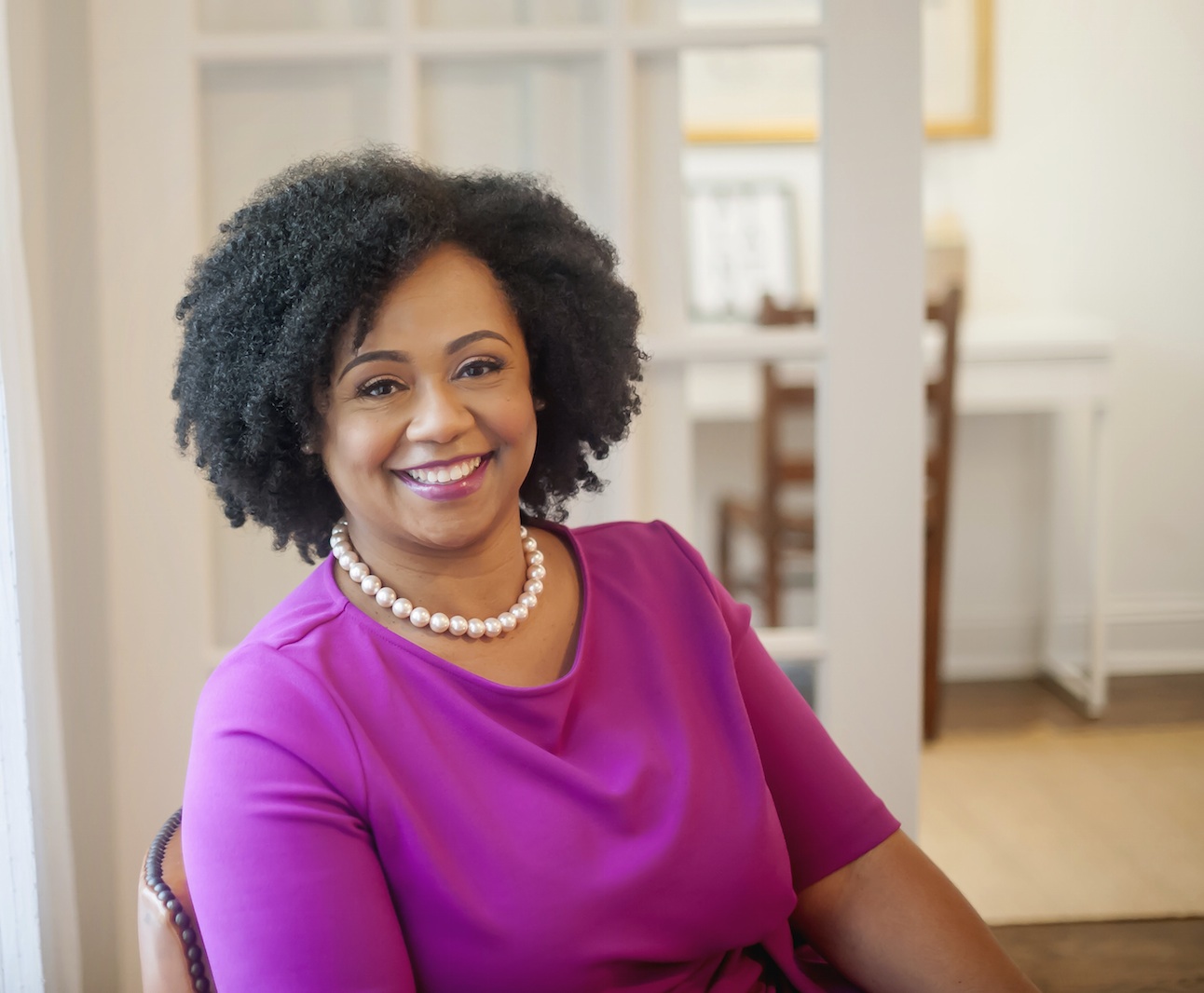[ad_1]

After watching the first Black Girls Rock awards show Joy Harden Bradford, Ph.D. was inspired to create Therapy for Black Girls, a platform encouraging the mental wellness of black women and girls. Over the years, Dr. Joy has expanded the platform from a blog to a podcast with listeners in 158 different countries, a Facebook group called the “Thrive Tribe” with over 13,000 women and a therapist directory which has grown to over 700 therapists in less than a year. “My work has always been heavily focused on black women and girls,” says Dr. Joy. I think too often we’re so busy taking care of other people that we aren’t always paying attention to what’s going on with us. I wanted a platform that helped sisters put the focus back on themselves.”
We caught up with Dr. Joy to get some insight on self-care, the stigma of mental health in the black community, and cliché phrases to avoid when trying to help a depressed loved one.
What are the stigmas that often hold people of color back from therapy and what services or programs do you offer to combat these stigmas?
I believe that many people of color have been socialized to believe that talking about private matters should only happen within the confines of the family (the whole idea of airing dirty laundry so to speak). Also, many people still don’t know how therapy works or believe that only “crazy” people need therapy. There are also many people who still view mental illness and needing to go to therapy as a sign of a weak faith relationship, which, of course, is not the case.
The Therapy for Black Girls podcast is helping to reduce that stigma. The podcast episodes are designed to help people get an idea of the millions of different reasons someone might benefit from therapy. Listeners are also exposed to a variety of therapists that are guests on the show. This format helps them to realize that we all have different personalities and work differently so there is likely a therapist out there that’s a great fit for everyone. I also do live video chats on both Instagram & Facebook at 12 noon ET every Thursday. I call it Three for Thursday and I share three tips about a topic and then open the floor for general questions. I think it’s a great opportunity for people to get accurate information about mental health and to dispel any myths they may have about how therapy works, etc.
To date, what are your top three episodes?
When it comes to mental health, what is the one thing that you think women overlook in maintaining self-care?
Boundaries! I think far too many of us don’t say NO enough. No to that extra task at work, no to that friend who never shows up for us, no to that ex who keeps trying to come back into our lives, etc. I don’t think we always realize the cumulative impact that taking on other people’s stuff can have on our mental health.
What cliché phrases should we avoid when trying to help a depressed loved one?
- Just pray about it.
- Your life is so good, what do you have to be depressed about?
- Life is hard for everyone, toughen up.
While people may be well-intentioned when trying to help a loved one, these sentiments typically only make people feel like you don’t understand them and that you’re not someone they can go to in the future. A nice alternative for this would be something like “I’m sorry to hear that you’re struggling. Do you want to talk more about how you’re feeling?”
What do you believe people can do to reduce the stigma of depression and anxiety?
I think sharing more openly about our own struggles and experiences with therapy helps. I also think we have to be careful with our language. It’s important to remove stigmatizing language from our vocabulary, so saying things like “she’s so crazy” or “this gives me OCD” is something to avoid.
[ad_2]
Source link

